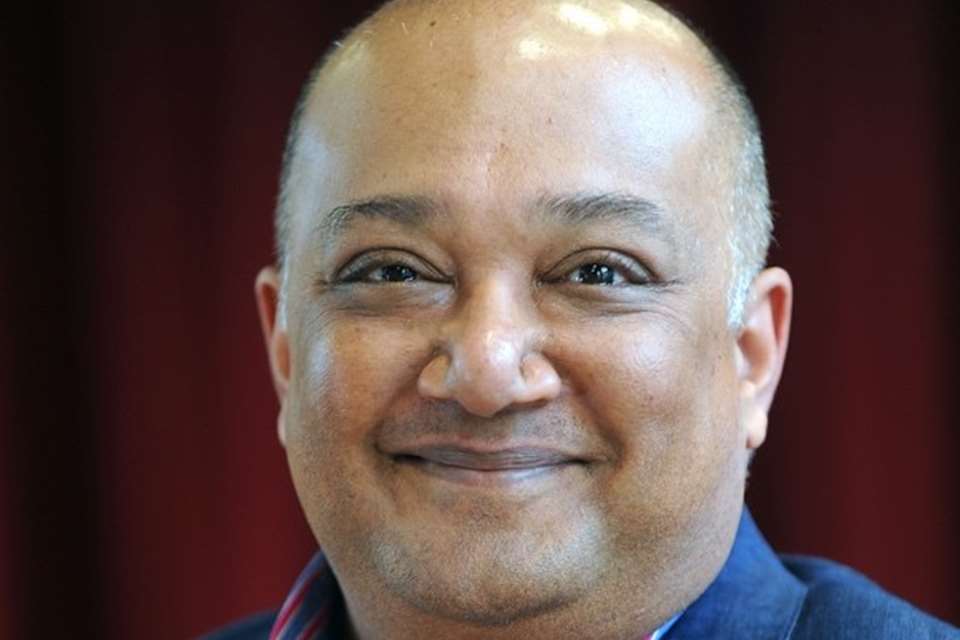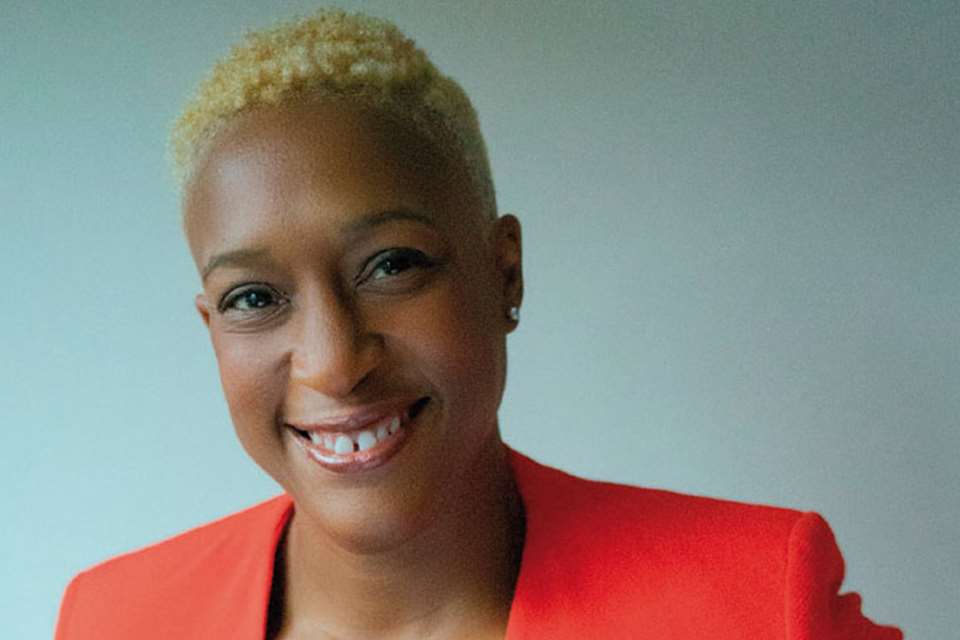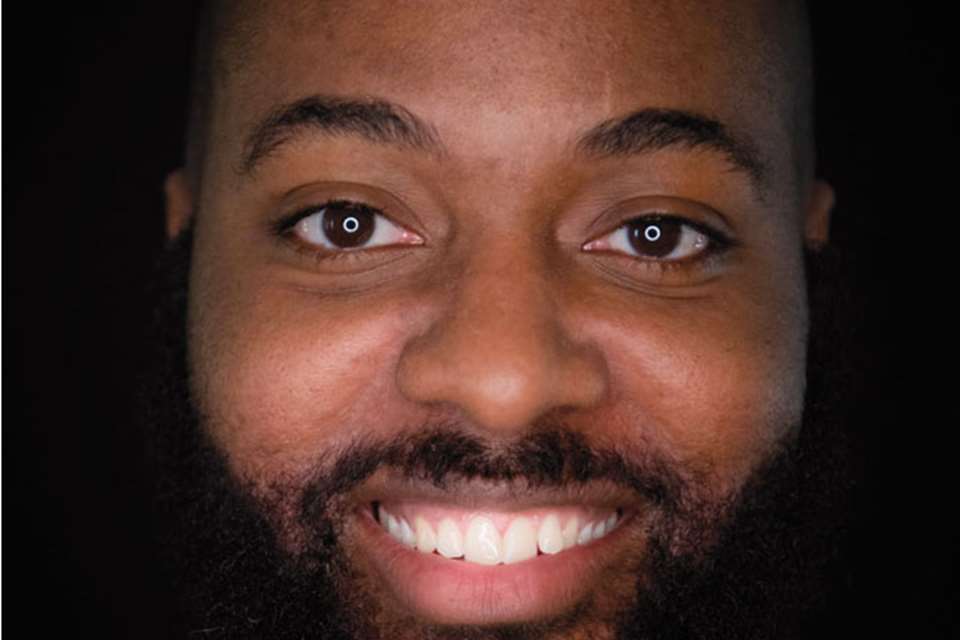Q&A: Sophie Garner
Hattie Fisk
Friday, October 1, 2021
As a vocal coach, music teacher and professional singer with an MA in Vocal Pedagogy, Sophie Garner is now sharing her experience in two recently published books encouraging self-expression through songwriting. Hattie Fisk catches up with her.

HF: Can you tell me about the method behind The Creative Songwriting Journal and If You Can't Say It Sing It!?
SG: I was dealing with lots of students who were unable to express themselves and were having a real issue with vocalising their identity. From my own experience, I really felt that songwriting and singing could help in this area; I did creative writing as a teenager as an outlet, so if you look back, the books' methods started then. The Creative Songwriting Journal is geared towards ages 7–12 and was designed to build confidence and encourage self-expression, whereas the second book, If You Can't Say It Sing It!, delves slightly deeper and is for all ages. There has been a brilliant response to the books; they have been used by teachers, parents, music establishments and therapists.
HF: Did anything in particular motivate you to write the books?
SG: I was in the middle of doing some home teaching one evening and a student who I had been teaching for about three months turned up, and I just knew something was wrong. I knew her well enough to ask if she was okay; the student burst into tears and told me she had tried to take her own life, and that I was the only person she was going to tell. After her adamantly refusing to tell any parents or teachers, I grabbed some paper and sat at the piano with her and tried to work through her problems through songwriting. I didn't realise it at the time, but I had just started the process of writing my first book, The Creative Songwriting Journal.
HF: You write in the book that your personal experience has helped shape its teachings – what elements were you referencing?
SG: My biggest motivator for my own academic studies, to teach students and to succeed, really came from my own upbringing and my own struggles with mental health. That's where the seeds grew! I still have the notebook I used when I was growing up containing all my poems; one of the songs of my solo album is called ‘I don't like my genes', which was therapy to create for me. I really am walking what I teach.
Music teachers should definitely incorporate songwriting into their teaching, even if that means starting off small
HF: How did you use singing during your Master's degree?
SG: At the time of doing my MA I was providing weekly specialist music sessions for an acquired brain injury unit, so I based my research on the benefits of singing there. I designed a six-week programme for the patients in that unit. This became a very big project because there were visiting members of family who got involved in these activities, so it helped not only the patients but their closest contacts too. Within the music sessions, we had tears and we had breakthroughs, and I realised more than ever that singing is really powerful stuff.
HF: Why do you think songwriting is such a useful tool?
SG: My teaching always comes from a holistic and creative perspective – teaching the whole person. The voice is unlike any other instrument because it's organic. Voices change every day. Unlike the piano, where middle C remains the same, some days a voice can be out of tune, or can be sick or not warmed up. In that sense, this is where songwriting can really come into its own. It is a tool that teachers can utilise to involve children in a lesson, even if they are not naturally gifted singers, or if they don't feel like singing that day.
HF: What is your take-home message for music teachers?
SG: Music teachers should definitely incorporate songwriting into their teaching, even if that means starting off small. A teacher can connect with a student creatively through songwriting, and it is a task that doesn't have exams or deadlines. Creating a song together gives children real ownership over a task – it's not anybody else's song, it is theirs to feel proud of; that is so empowering. Particularly for children who are not confident, or for children who have special educational needs, this is an incredible and underutilised resource.




